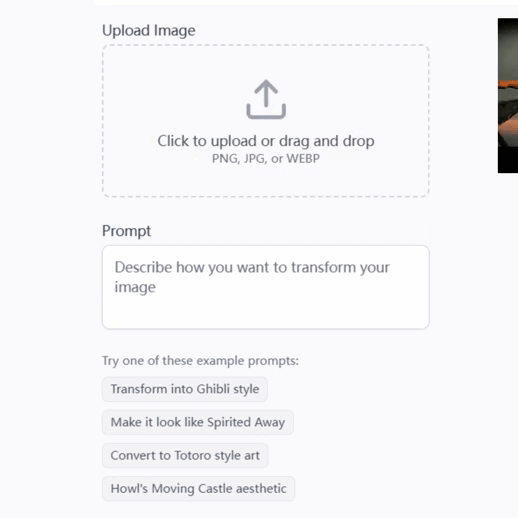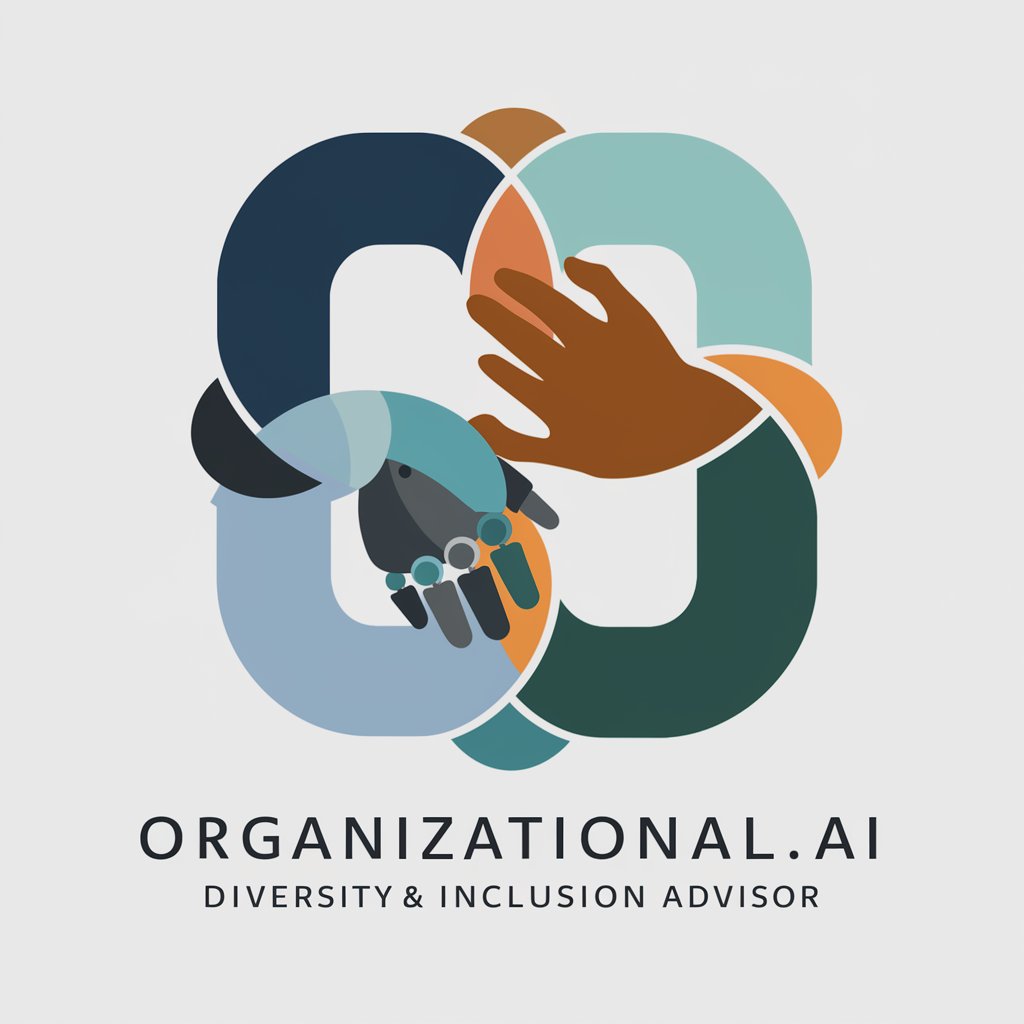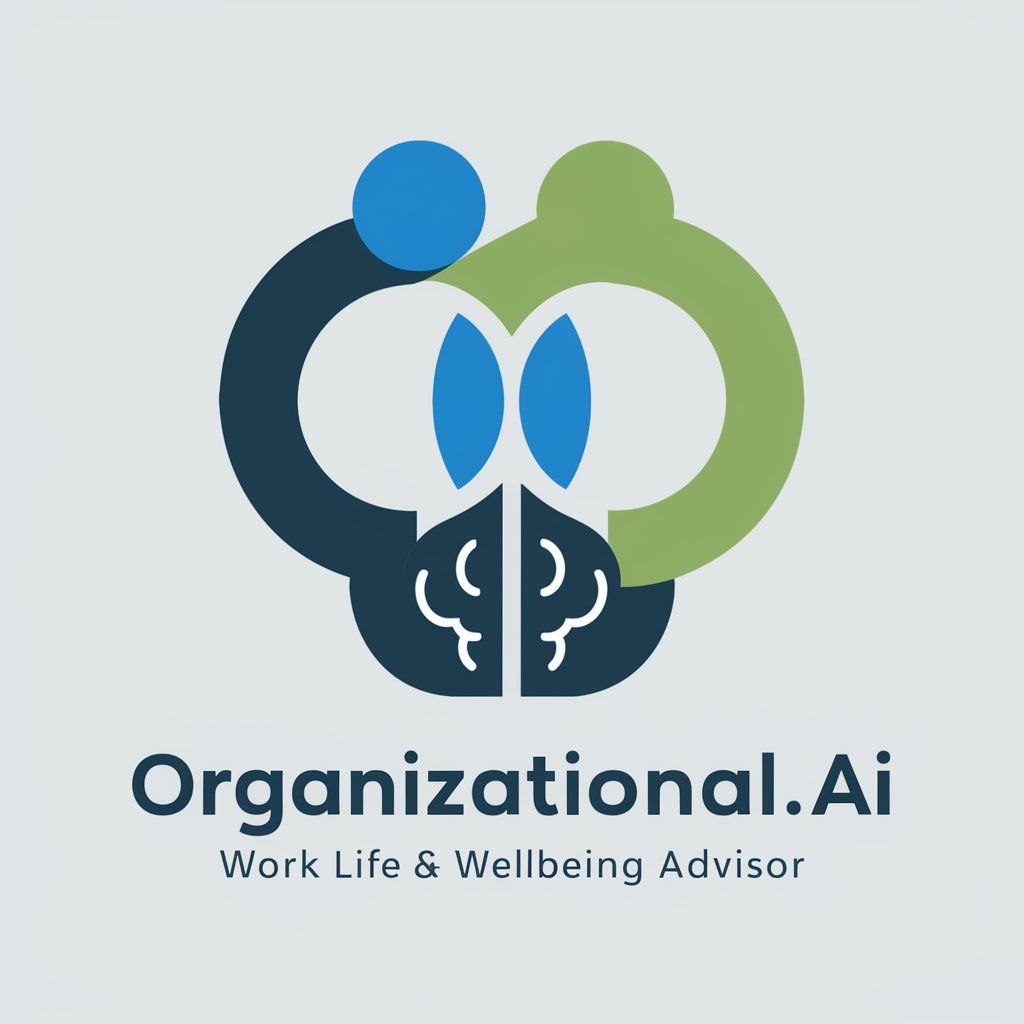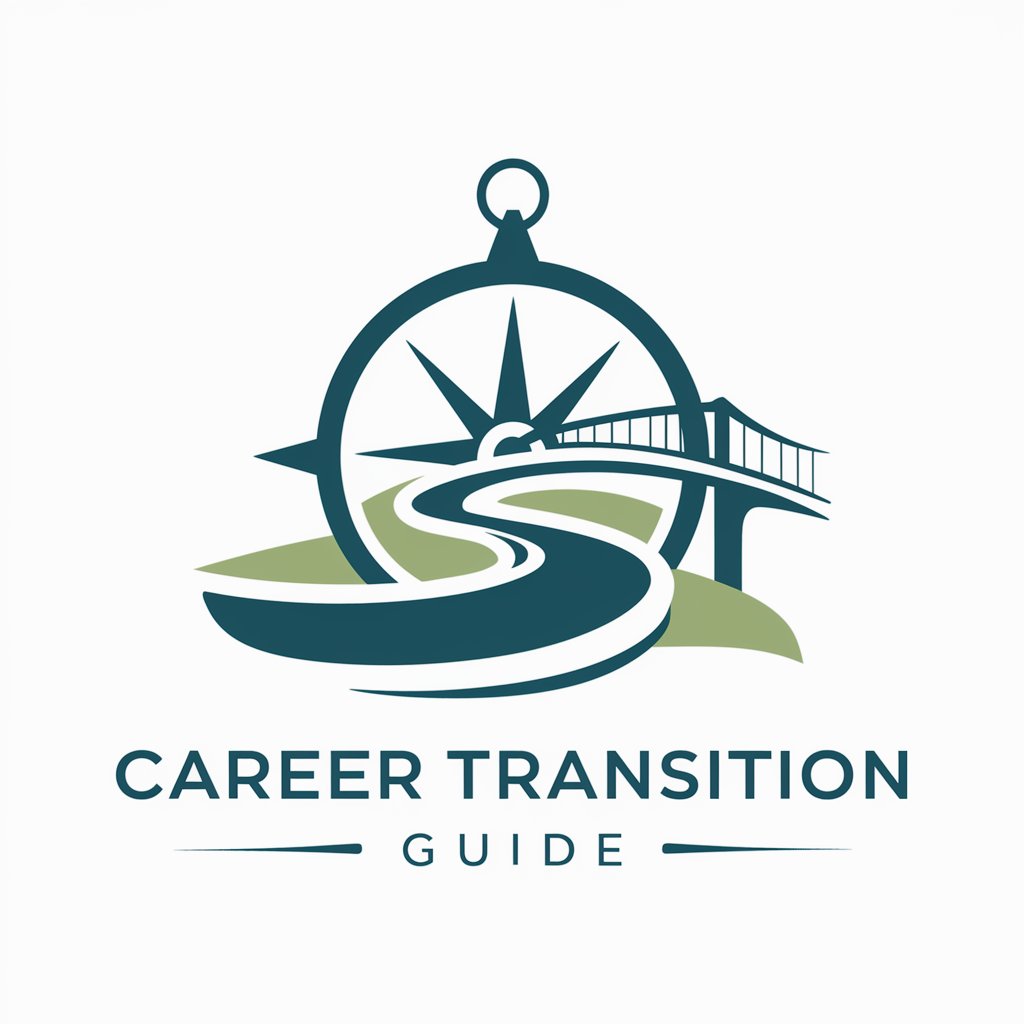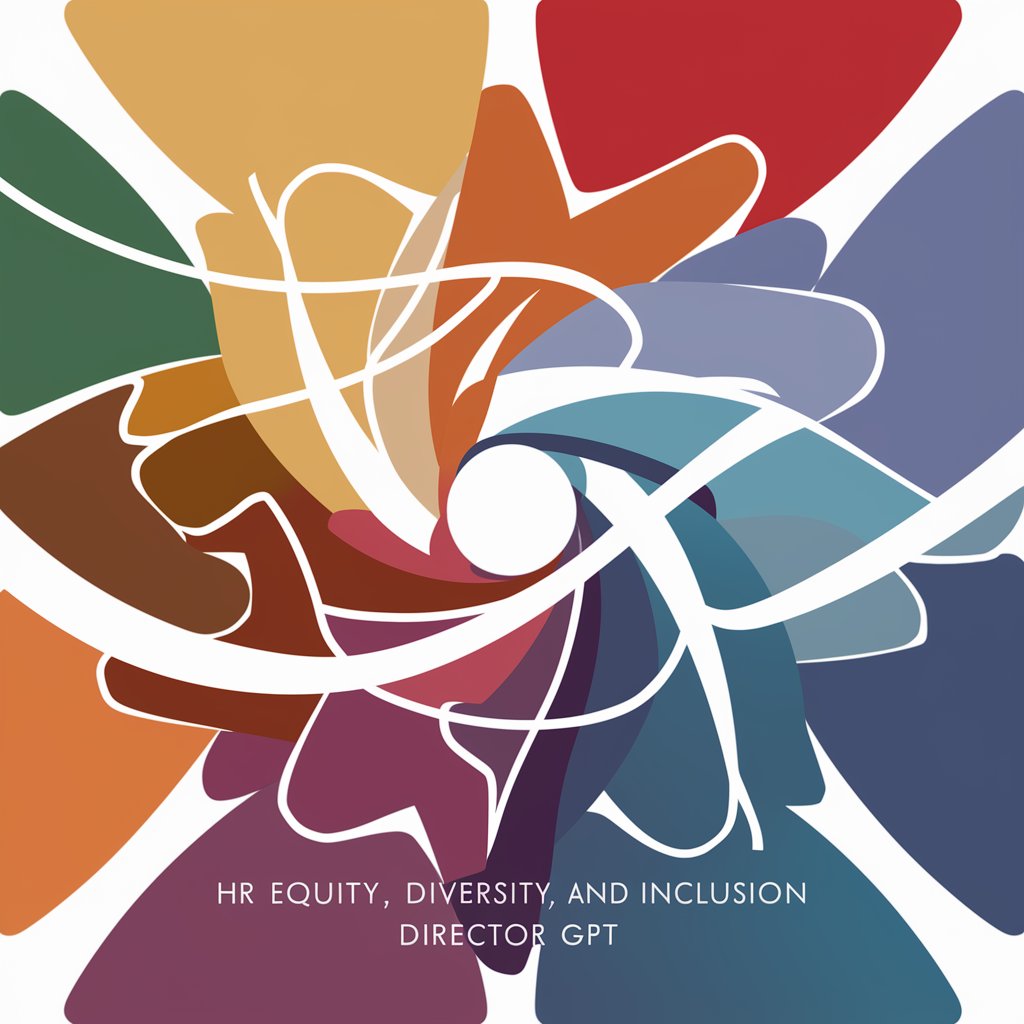
The Work Inclusion Project Ltd - Adjustment Advice - Academic Accessibility Advice
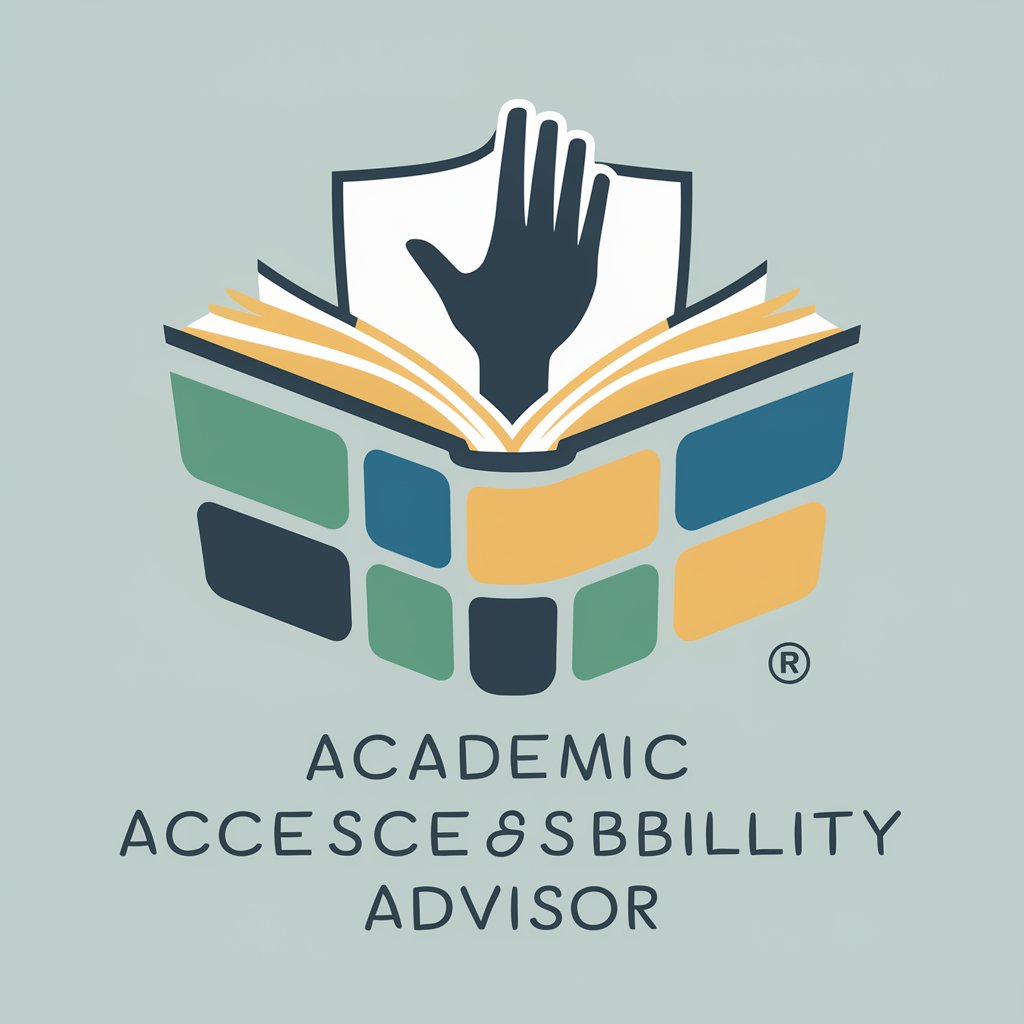
Welcome! How can I assist with making your academic environment more accessible?
AI-powered Inclusion Support
How can I support neurodivergent colleagues in an academic setting?
What are effective workplace adjustments for academics with chronic illnesses?
Could you suggest pacing management strategies for a demanding academic workload?
What are some inclusive practices for creating a supportive academic environment?
Get Embed Code
Overview of The Work Inclusion Project Ltd - Adjustment Advice
The Work Inclusion Project Ltd - Adjustment Advice is a specialized tool designed to support disabled academics, including staff and faculty, in navigating workplace adjustments. This tool is informed by a deep understanding of both neurodivergent conditions—such as autism, ADHD, dyslexia, Tourette's Syndrome, PTSD, OCD, and acquired brain injury—and chronic illnesses like Long COVID. It aims to provide tailored advice on pacing management and workload handling in an academic environment. For example, a neurodivergent professor might use the tool to explore strategies for minimizing sensory overload in busy campus settings, thereby enhancing their teaching effectiveness and overall job satisfaction. Powered by ChatGPT-4o。

Key Functions and Applications
Customized Workplace Adjustment Recommendations
Example
For an academic with ADHD, this might include suggestions for using time management tools or techniques for maintaining focus during extended periods of research or grading.
Scenario
An assistant professor struggles with maintaining concentration due to ADHD. The tool suggests implementing structured daily routines and employing noise-canceling headphones during work hours to reduce distractions.
Pacing Management Strategies
Example
Offering techniques to balance work and rest for someone with Long COVID to avoid burnout.
Scenario
A senior lecturer with Long COVID experiences fatigue more quickly than her colleagues. The tool recommends a modified teaching schedule and frequent short breaks throughout the day, coupled with remote work options when necessary.
Facilitating Access to Up-to-Date Resources
Example
Providing links to the latest research on effective teaching methods for dyslexic faculty members.
Scenario
A professor with dyslexia finds reading extensive texts challenging. The tool directs them to audiovisual resources and software that converts text to speech, aiding in their lecture preparation and research.
Target User Groups
Disabled Academics
Includes faculty and staff with disabilities who may require modifications to their work environment or practices to maintain productivity and well-being. They benefit from personalized, practical advice that respects their unique needs and promotes an inclusive academic culture.
University Administration
Administrators looking to implement or improve disability inclusion policies and practices within their institutions. They use the tool to understand better the specific needs of their faculty and staff, enabling them to make informed decisions that enhance accessibility and equity on campus.

How to Use The Work Inclusion Project Ltd - Adjustment Advice
Start Here
Visit yeschat.ai to access a free trial without requiring login or subscription to ChatGPT Plus.
Identify Needs
Determine the specific workplace adjustments or advice you need assistance with, focusing on disabilities or chronic conditions that impact academic environments.
Engage with the Tool
Use the tool to ask questions about specific adjustments, pacing strategies, or general best practices for inclusivity in academic settings.
Follow Recommendations
Implement the suggested strategies and adjustments in your workplace, and seek further professional advice if necessary.
Feedback Loop
Provide feedback on the effectiveness of the advice and adjustments for continuous improvement and personalized support.
Try other advanced and practical GPTs
Echo Adjuster with Docker
Simplify computing with AI-driven Docker technology.
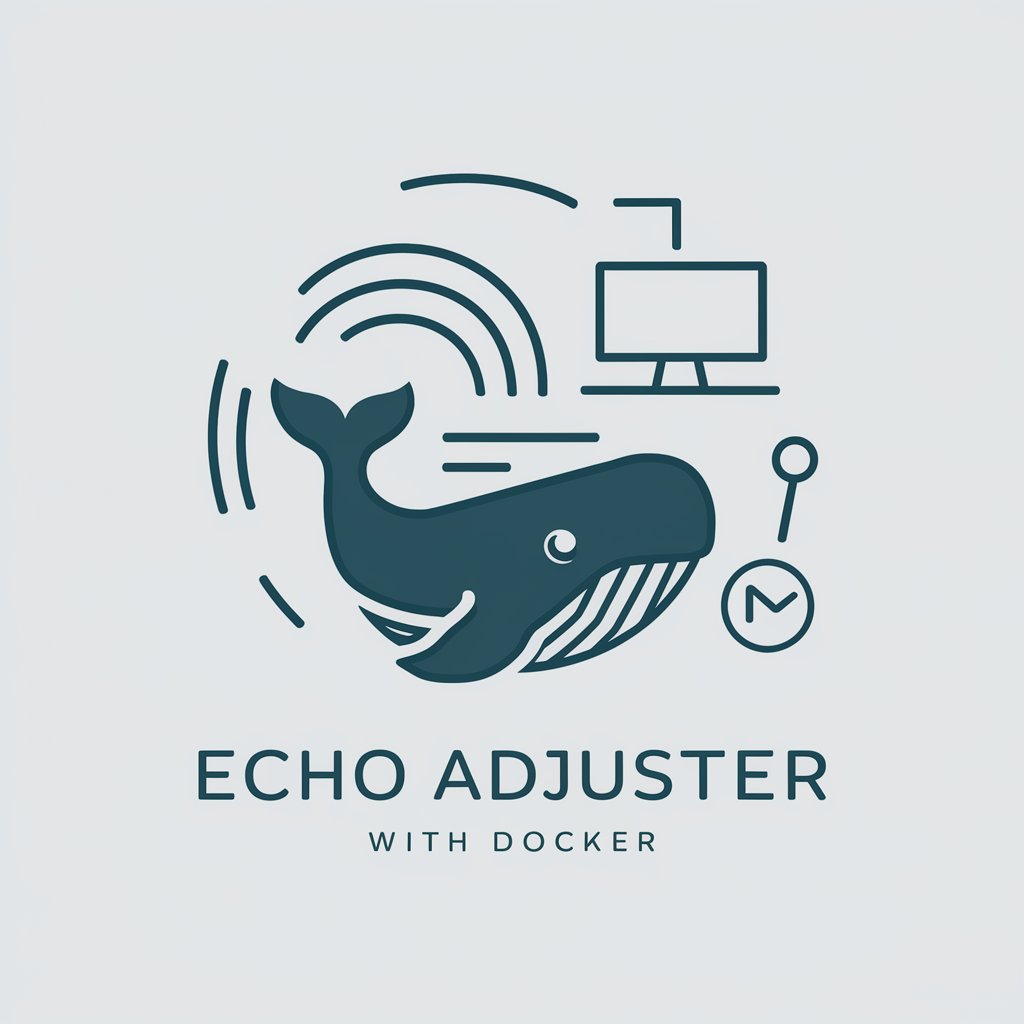
Artful Adjuster
Transforming ideas into visuals, powered by AI
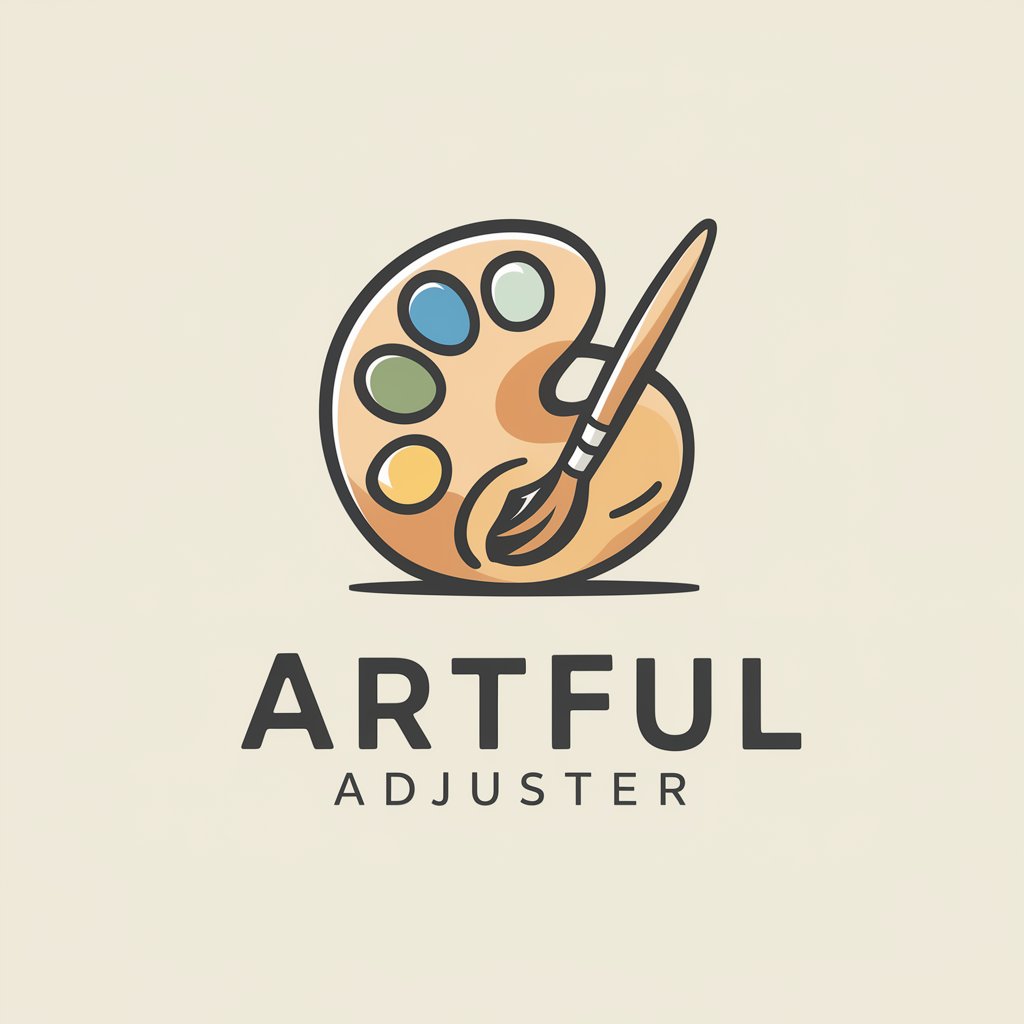
GPT Adjust
Tailoring AI to Your World
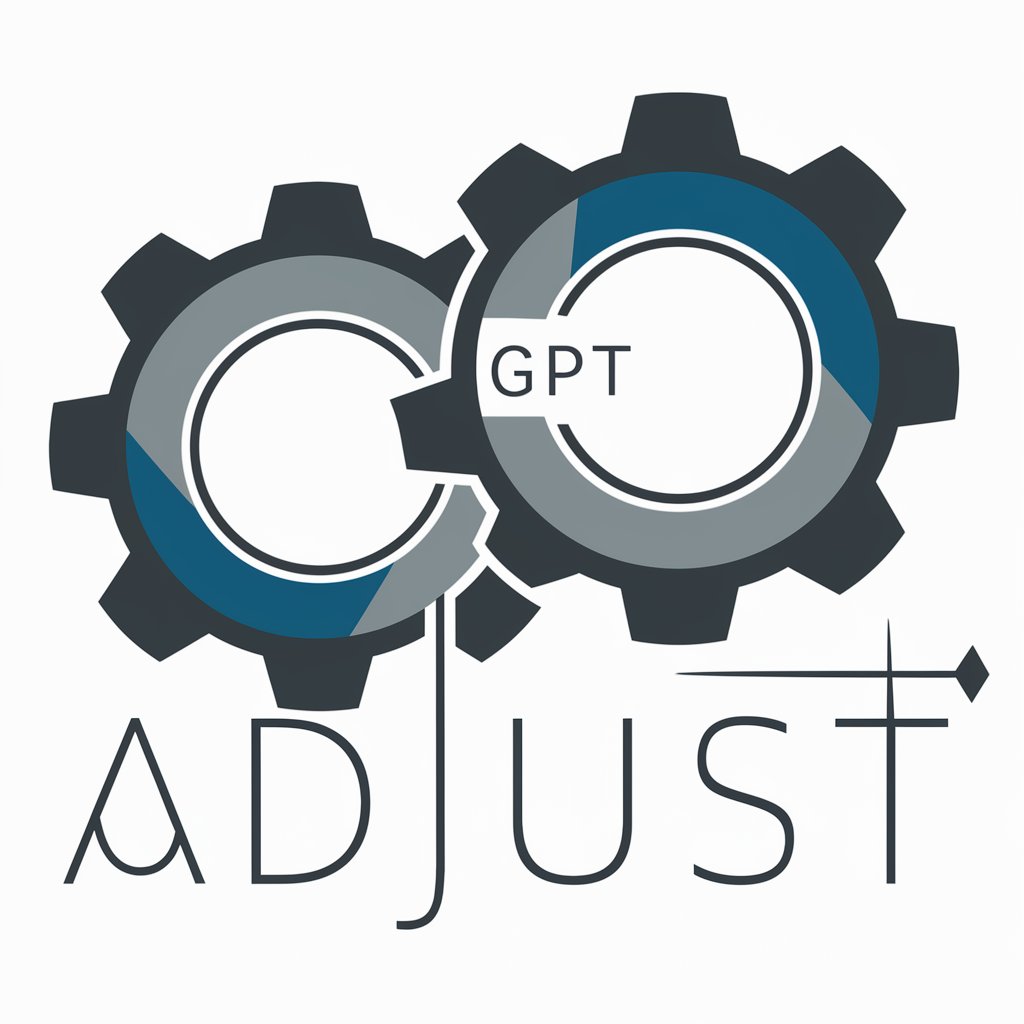
Tone Adjuster
Polish Your Text with AI-Powered Tone Adjustment
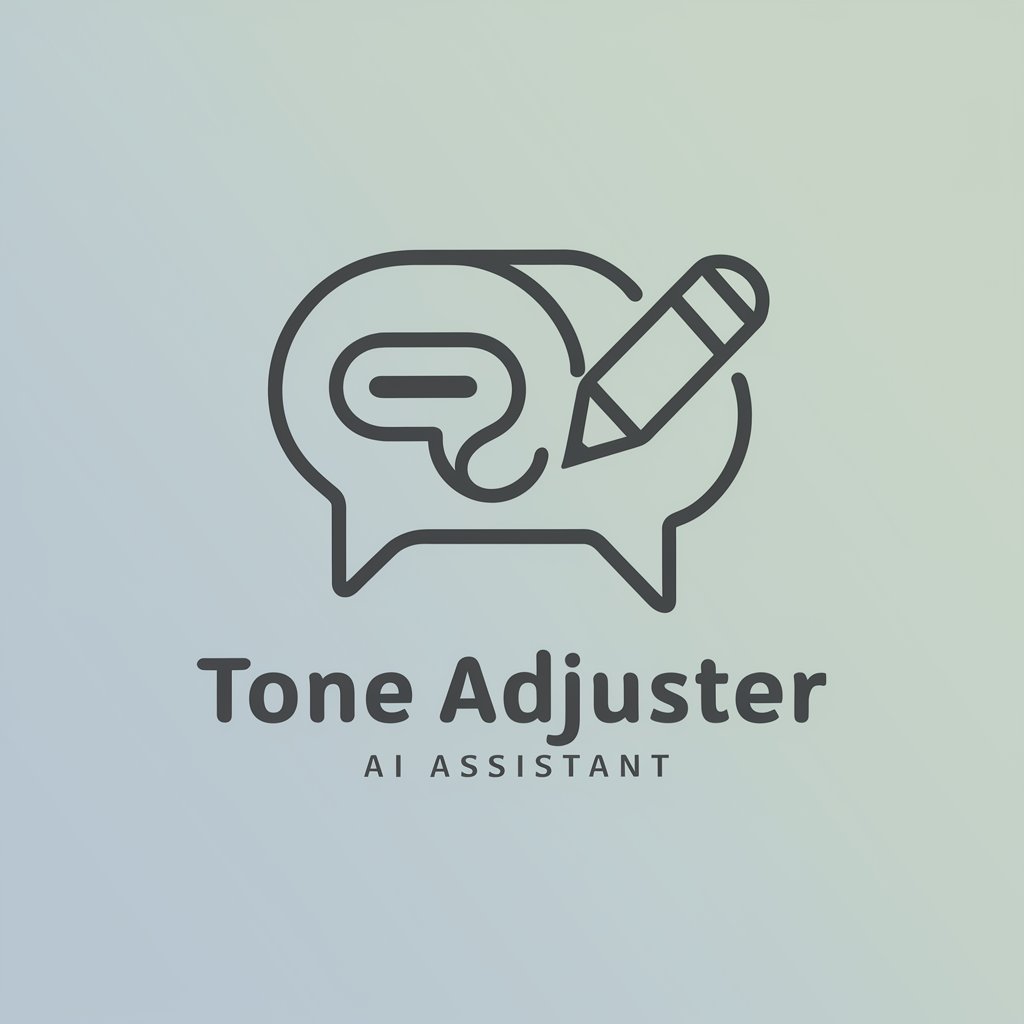
Dalma Attribution Adjuster
Automate your citation process with AI
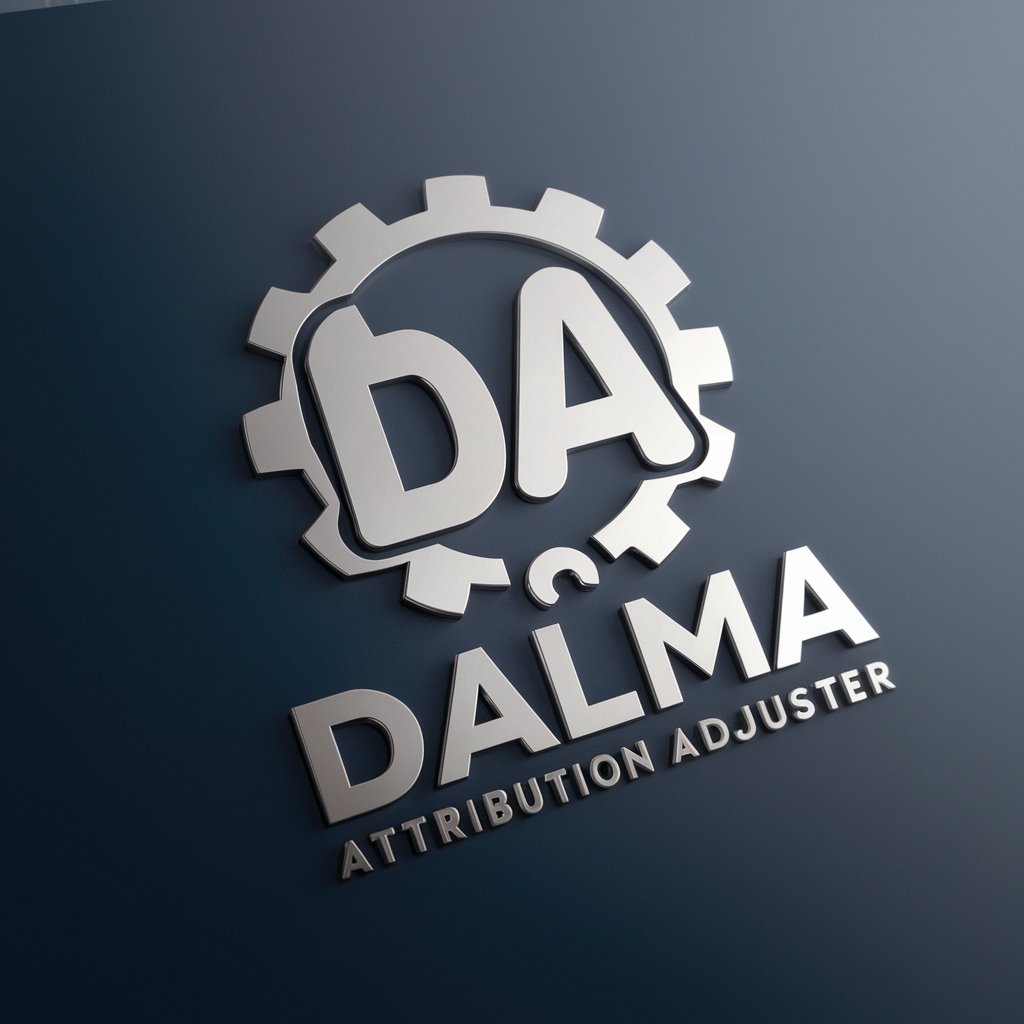
Fact Checker - Source bias adjusted
Discern truth with AI-driven bias analysis
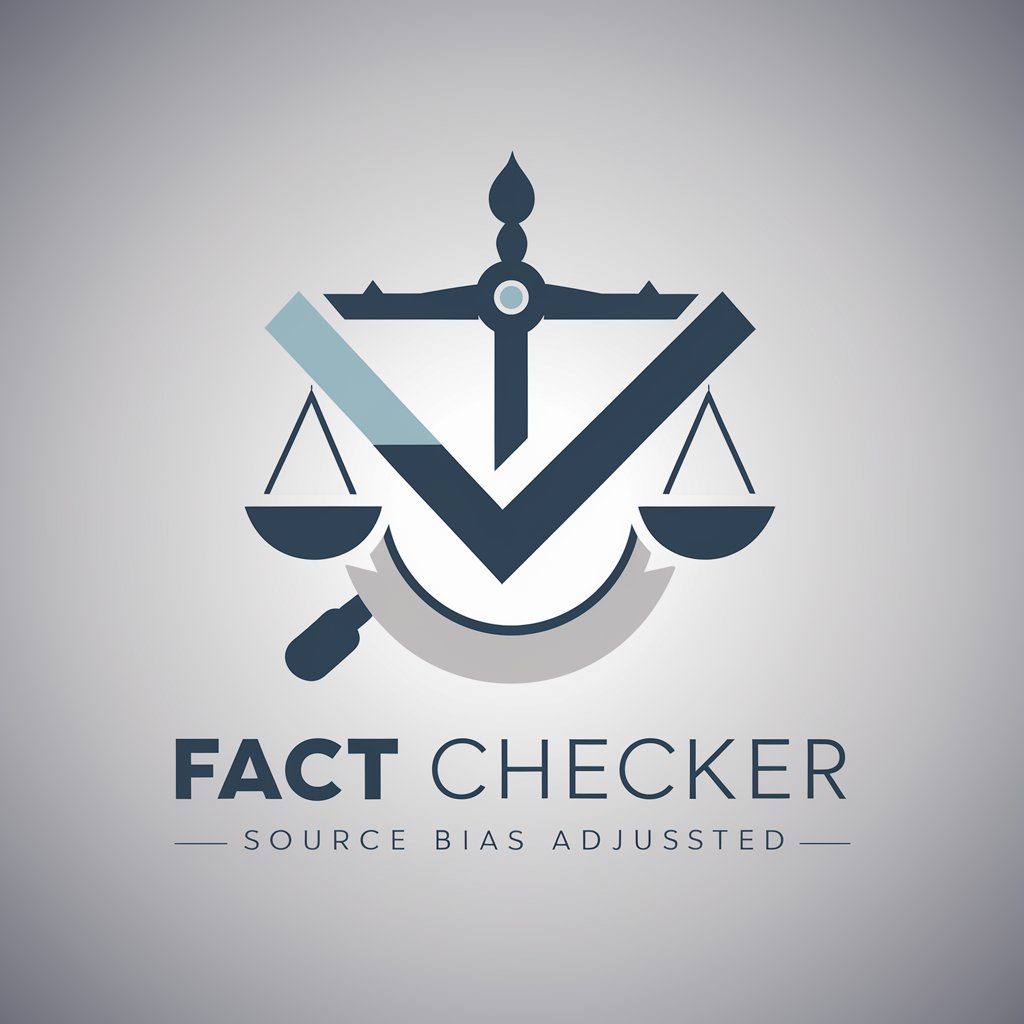
Wordsmith Adjuster
Elevate Your Text with AI
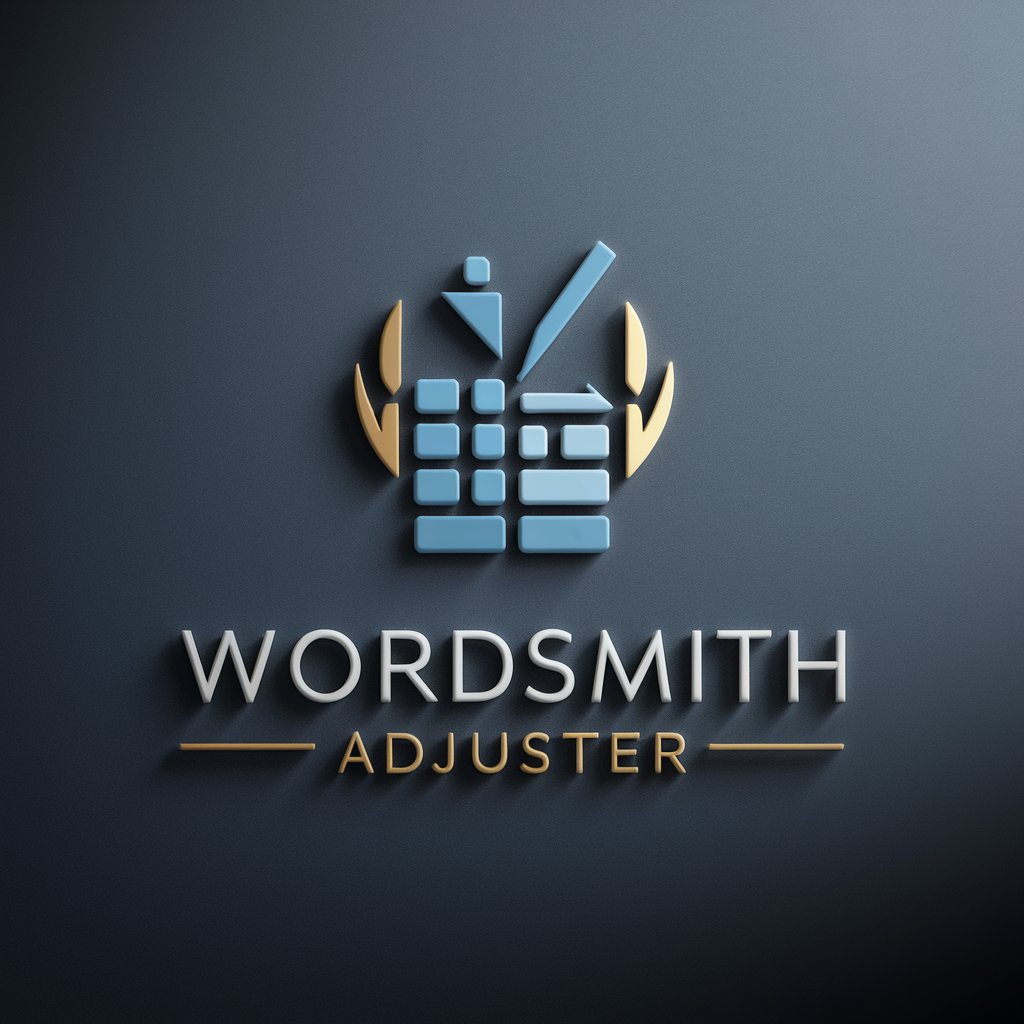
Auto Expert Adjuster
Streamlining Claims with AI Precision

Korean Year End Tax Adjustment GPT (친절한 연말정산GPT)
Streamline Your Tax Adjustment, Effortlessly
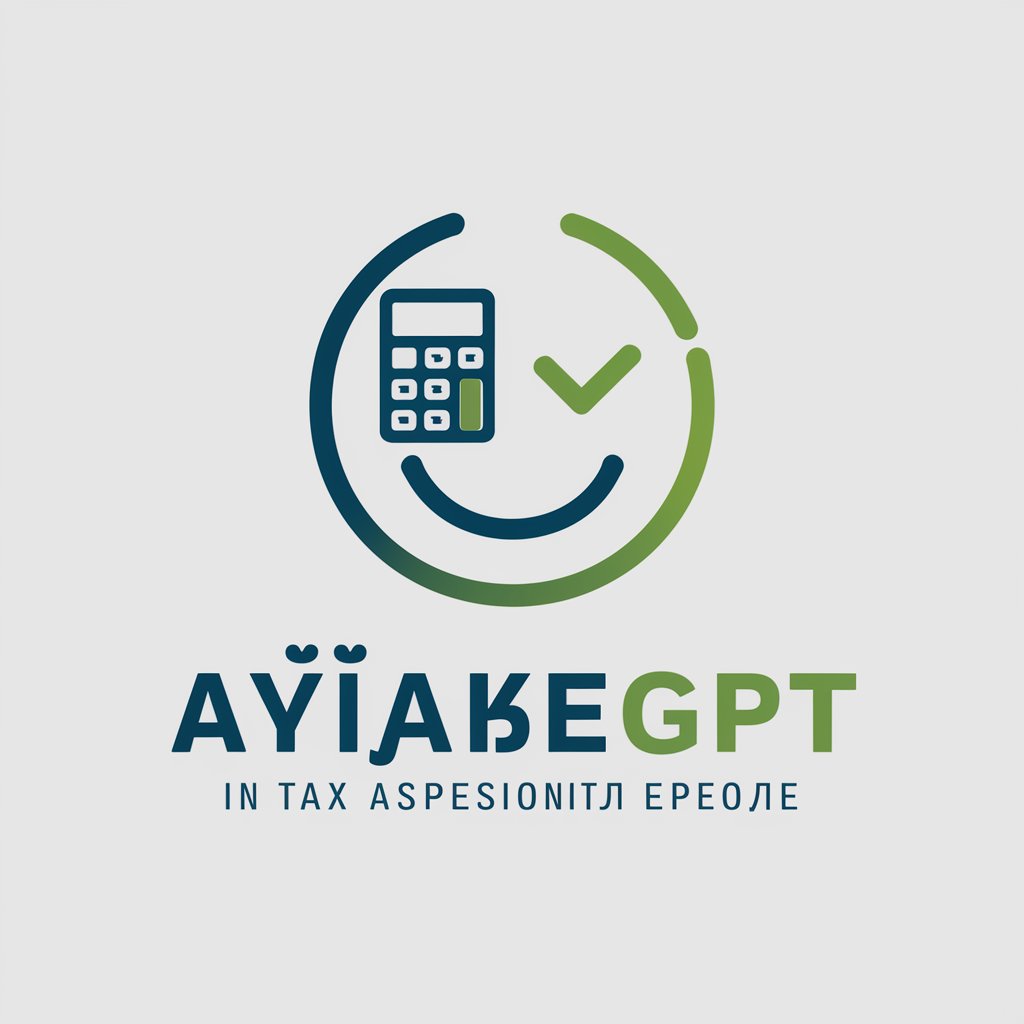
Picasso
Craft Your Vision with AI Artistry

Picasso GPT
Experience Picasso through AI

Pablo Picasso
Reviving Cubism through AI

Frequently Asked Questions About The Work Inclusion Project Ltd - Adjustment Advice
What types of disabilities does this tool cater to?
The tool specializes in a wide range of disabilities including neurodivergence (like ADHD and autism), chronic illnesses (such as Long COVID), and more, offering tailored advice for academic professionals.
How can I use this tool to improve accessibility in my classroom?
The tool provides specific strategies for making academic settings more accessible, such as alternative formats for course materials, flexible scheduling, and communication methods tailored to varied learning needs.
Can this tool help with mental health issues related to academic pressure?
Yes, it offers pacing and workload management advice to help mitigate stress and improve mental well-being among academics facing pressure.
Is there a cost associated with accessing this tool?
Access to initial consultations and basic features is free, but ongoing use or specialized consultations may require a subscription or fee.
How does this tool stay updated with the latest regulations and best practices?
It regularly incorporates the latest research, legal guidelines, and user feedback to ensure the advice remains current and effective in real academic environments.
